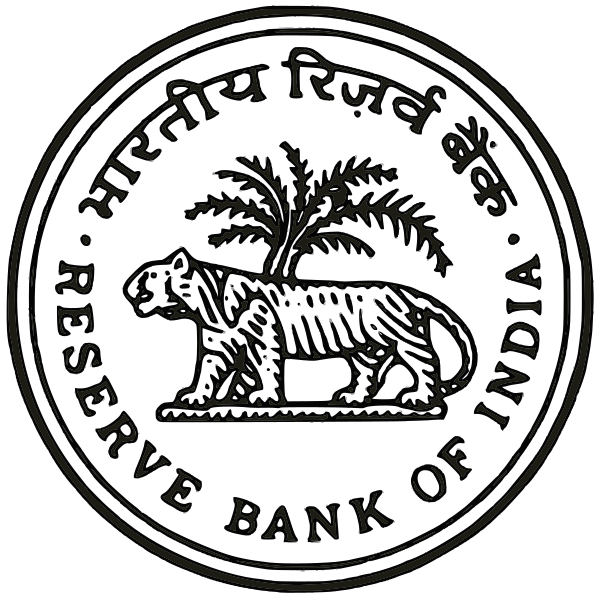Bubble in share market as per RBI
Recently in media two reports are published regarding share market and economy whose analysis is important in my opinion. According to this we will see how we should take decisions in this situation like this. The first report is published by Govt. of India where GDP is shown to shrink by 7.3% in financial year 2020-21. Obviously it is known to everyone that the cause for this decline is Covid-19 but economy was recovering in fourth quarter by 1.6% which shows some green signal. But in April-May Covid-19 cases began to raise in India which results in lockdown and the economic stress is still present. Due to all of this RBI is reflecting its concern in annual report 2020-21. According to RBI, economy is following downtrend and opposite to it share market is going up. RBI is guessing that there may be a bubble in the stock market. In this article we are going to see:
1. Why RBI made such statement?
2. If the valuations are high what can we do as an investor?
3. What actions can RBI take?
In this blog I am taking Annual report 2020-21 by RBI as reference. You can also find the section on page 69 in the report. On this page RBI reflected its concern about the inflation of risky assets. Here risky assets mean share market where the inflation is seen worldwide. According to the report the three reasons for the scenario are:
#01. Increase in money supply; it is known to everyone that there was a surge in money printing in US market and the money printing always results in inflation. And that inflation may rise due to two reasons, the first one is commodity inflation means hike prices of our daily basic needs and the second one is asset price inflation means rise in real estates, share market or other investment options.
#02. Positive sentiments for vaccines.
#03. Positive sentiments post US elections; there was uncertainty in US before elections but after the elections things get stabilized.
Here you may raise the question that what is the effect of US internal matter in Indian economy? We will figure it out shortly. RBI has concern over why the market is going up if the economy is going down and to find out the possible reason their team analyzed a regression model where comparison in stock is made on the basis of three parameters. The first one was Economic Outlook means if the outlook of economy in future seems to be better, the market will go up. The second reason was Money Supply and the third one Foreign Investment.
 |
| Reserve Bank Of India |
After the analysis RBI found Money Supply and Foreign investment as the two major reasons responsible for the surge in share market, from here it can be understood that the flow of the cash in Indian market from foreign in the form of FPI is responsible for inflation and in India further stimulus packages were released which is also responsible inflation in India. At this stage RBI further studies two more parameters, the first parameter is PE ratio of the market, comparison is made between current PE ratio and last 30 years. We have already seen PE ratio in Blog # 01. In comparison you will find that average PE ratio for 30 years is around 18 and the current PE ratio is about 30. Even the PE ratio for Mar-20 was around 15 and PE ratio in Mar-21 is about 35 which more than the average of last 30 years. Same case is applicable on nifty-50 and this variation in PE ratio is also one of concern of RBI. Second parameter studied by RBI is Equity Risk Premium (ERP), it is compared with Sensex. Let see first what is ERP? If you are getting risk free return, somewhere, then it is obvious that you would invest in it like in bonds where your 8% is fixed and in case of share market if you are investing, then we will pay premium on bonds according to the risk. So whenever risk increases in share market, we will like to pay fewer premiums. If market is at peak then it may come down anytime. On the comparison it was found that ERP for Mar-20 was 6% in comparison to ERP for year 2021.
Due to all of the factors RBI says there is a bubble in share market. Further it was clarified by RBI that money supply will not be continue for long time and in future it may happen that stimulus packages may be given but for a limited time. At this time as an investor what should we do?
What can we do as an investor?
If you feel that there is overvaluation in the stock market especially in particular stocks, first you should be cautious for some time and second, diversification should be adopted. As an investor I hope you got some clarifications and knowledge.

Securities & Exchange Board of India
